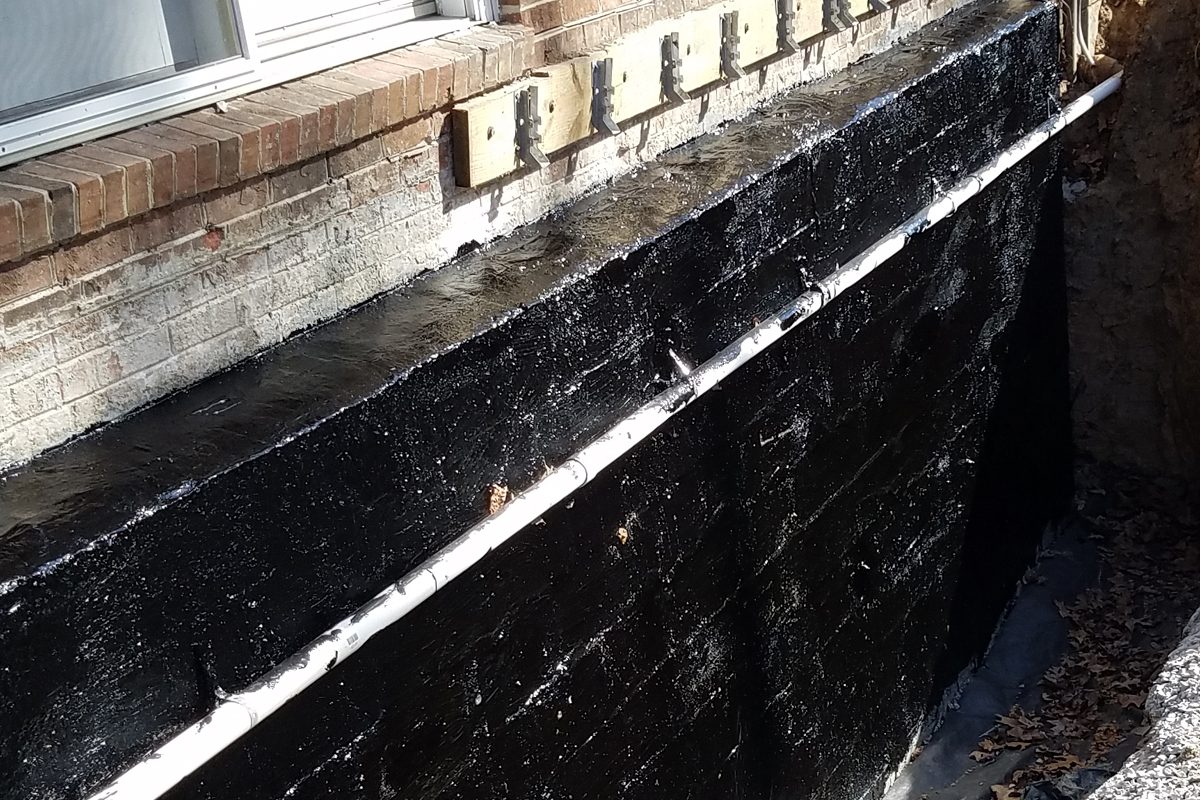Waterproofing is an essential aspect of home maintenance that often gets ignored until it's too late. As a property owner, understanding the significance of waterproofing can save you from expensive fixes and extensive damage down the line. From securing your basement to maintaining the strength of your roof, effective waterproofing methods can protect your property against the damaging effects of water.
In this article, we will examine various waterproofing techniques that all homeowner should consider. We will talk about why waterproofing is crucial, how it can save you thousands in repairs, and debunk common myths surrounding the process. Whether you're handling moisture issues in your basement, gardens, or even outdoor structures like decks and pools, there are solutions available to create a dry and safe living environment. Get https://shepherd-lam.technetbloggers.de/essential-waterproofing-tips-for-new-building to learn about the best practices, products, and professional advice that will assist you keep your home safe from water damage.
Essential Waterproofing Techniques
One of the most effective waterproofing methods for homeowners is foundation waterproofing. This process entails deploying membranes and barriers to the foundation walls to prevent water intrusion. By addressing moisture issues at the foundation level, homeowners can steer clear of significant water damage and preserve the structural integrity of their homes. It is important to check the foundation regularly for fractures and different signs of potential leaks, ensuring that proactive measures are executed promptly.
Another important method is basement waterproofing, which includes both inside and outside solutions. Interior waterproofing typically involves putting in sump pumps, drainage systems, and vapor barriers to handle water that seeps into the basement. On the other hand, exterior waterproofing, focuses on leading water away from the foundation through proper landscaping, gutters, and downspouts. Comprehending the difference between these approaches allows homeowners to choose the right strategy to protect their homes.
Roof waterproofing is also essential, as it shields one of the most vulnerable areas of a house from leaks and water damage. Techniques include deploying waterproof membranes or coatings, ensuring that seams are tightened, and consistently maintaining drainage systems to stop ponding water. By investing in proper roof waterproofing measures, homeowners can extend the lifespan of their roofing materials and steer clear of costly repairs caused by water infiltration.
Cost and Benefits of Waterproofing
Sealing against water can at first appear like a large cost for homeowners, but understanding its future benefits is important. The cost of effectively waterproofing your home may differ depending on the area being treated, the materials used, and whether you decide to go the self-installation route or hire professionals. While upfront costs can span from a a couple of hundred to thousands dollars, many homeowners understand that this cost can prevent much larger expenses related to water damage and mold remediation later on.
In addition to the savings associated with preventing major repairs, waterproofing improves the overall value of your home. A effectively waterproofed property is less likely to suffer from structural damage, which means better assurance for homeowners and higher marketability when it comes time to sell. Additionally, waterproofing can increase energy efficiency in your home, as it lessens moisture intrusion, helping to maintain a pleasant indoor climate and reduce energy costs over time.
Lastly, effective waterproofing adds to healthier living conditions. By stopping dampness and mold growth, homeowners reduce health risks associated with poor air quality and respiratory issues. Putting money into waterproofing not only protects your property and saves you money but also encourages a safe and comfortable environment for you and your family.
Selecting the Appropriate Waterproofing Methods
As you consider waterproofing your home, choosing the appropriate options is vital for guaranteeing long-term protection against water harm. Begin by identifying the specific areas that require attention, for example basements, roofs, or outdoor structures. Each area may demand varied techniques and materials, so it's vital to comprehend the unique demands of each space. Take into account factors such as your local climate, soil type, and the existing condition of your property to make wise decisions.

Research various waterproofing products and methods offered. There are both DIY and professional options, every one bringing its distinct advantages and limitations. For example, while DIY products can save money, they may not provide the same level of protection as professional systems, especially for intricate structures like foundations or commercial buildings. Be sure to compare options, read reviews, and consult professionals when necessary to ensure you are choosing the optimal solutions for your needs.
Finally, don't forget the importance of working with a reputable waterproofing contractor if you decide to opt the professional route. A skilled expert will not only help you select the best products but will also guarantee proper installation, which is key for efficacy. Obtain quotes, check references, and ensure the contractor has expertise in the specific type of waterproofing you need. By making wise choices and putting resources into quality solutions, you can safeguard your property and save significantly on forthcoming repairs.
